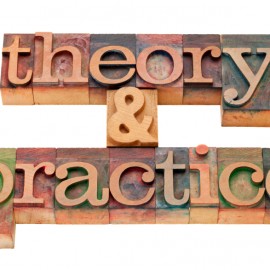Resources For
The Practitioner vs. the Technique
I take great care in finding the right practitioner. He or she will likely be more important than the technique itself.
Topics: clinical management, clinician skills, outcomes, program development
Do I Have a Drinking Problem?
Topics: alcoholism, diagnosis, disease, getting help, recognizing addiction, signs and symptoms
Hitting Bottom
We’ll see the progress that was occurring even when the addict appeared, at the time, to be floundering badly.
Topics: consequences, defense mechanisms, intervention
What to Expect From Counseling
Counselors are taught that the best way to make progress is to let the client determine the direction the relationship takes.
Topics: counseling, getting help
What Makes a Good Interventionist?
Intervention is about achieving a very specific time-limited objective: an addict or alcoholic who agrees to participate in treatment.
Topics: intervention, Intervention Series
Recognizing Enabling Behaviors
Many good interveners—including some excellent professional intervention counselors—started out as primary enablers.
Topics: enabling and provoking, intervention
Humility Ain’t for Wimps
If perfectionism, long-held resentments, or the unreasonable expectations we have of our wonderful selves get in the way, we’re still stuck.
Topics: 12Step, maintaining sobriety, Recovery Without God
Effective Group Design: Assumptions
Building the group model around that common experience, and change-specific tasks or goals, may increase the chances for a successful outcome.
Topics: clinician skills, groups, treatment models
Intervener Basics
The same people whose “enabling” actions allow the disease to flourish— and who may feel helpless to confront it— are the ones who can be most effective as interveners.
Topics: defense mechanisms, enabling and provoking, intervention

















